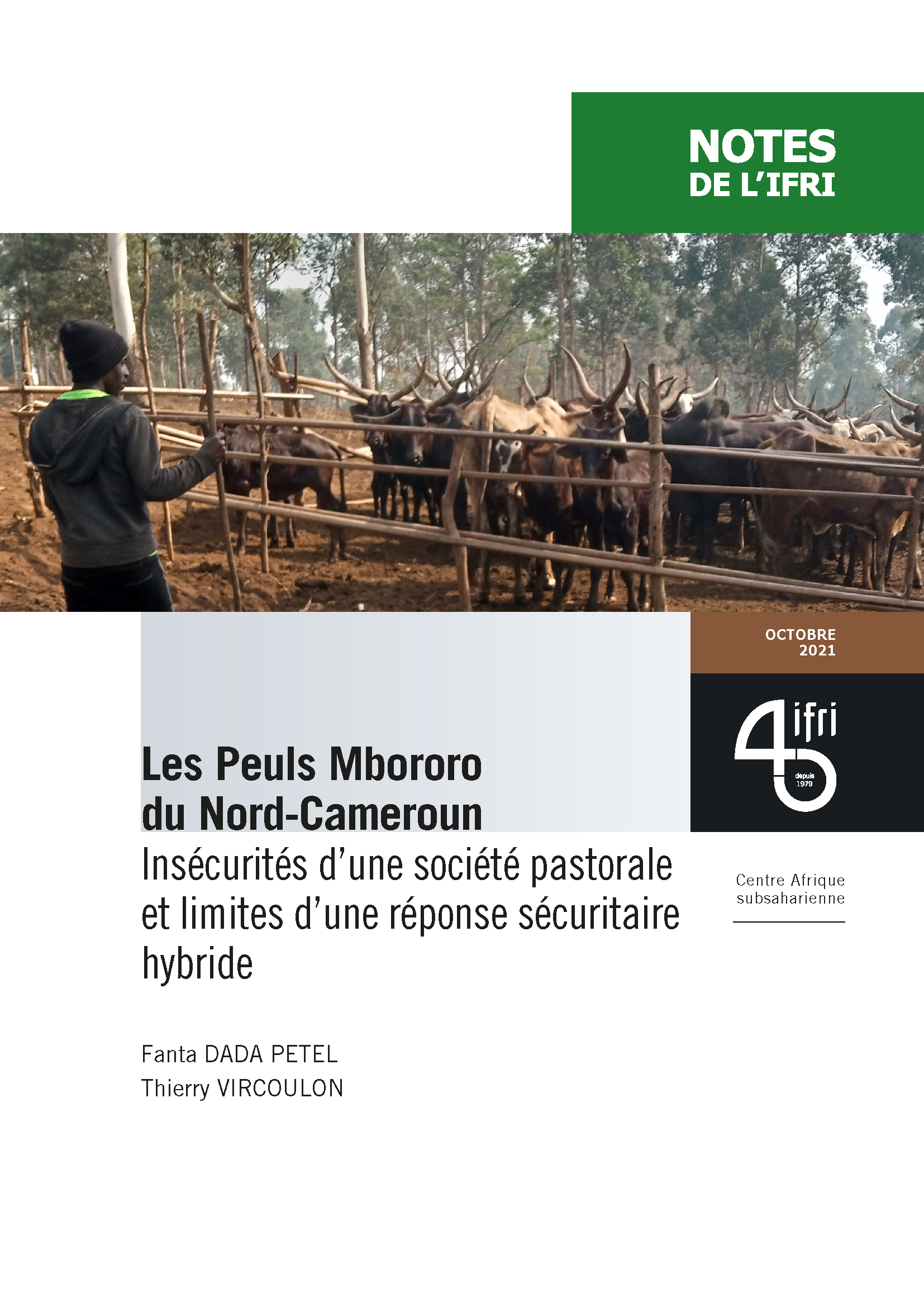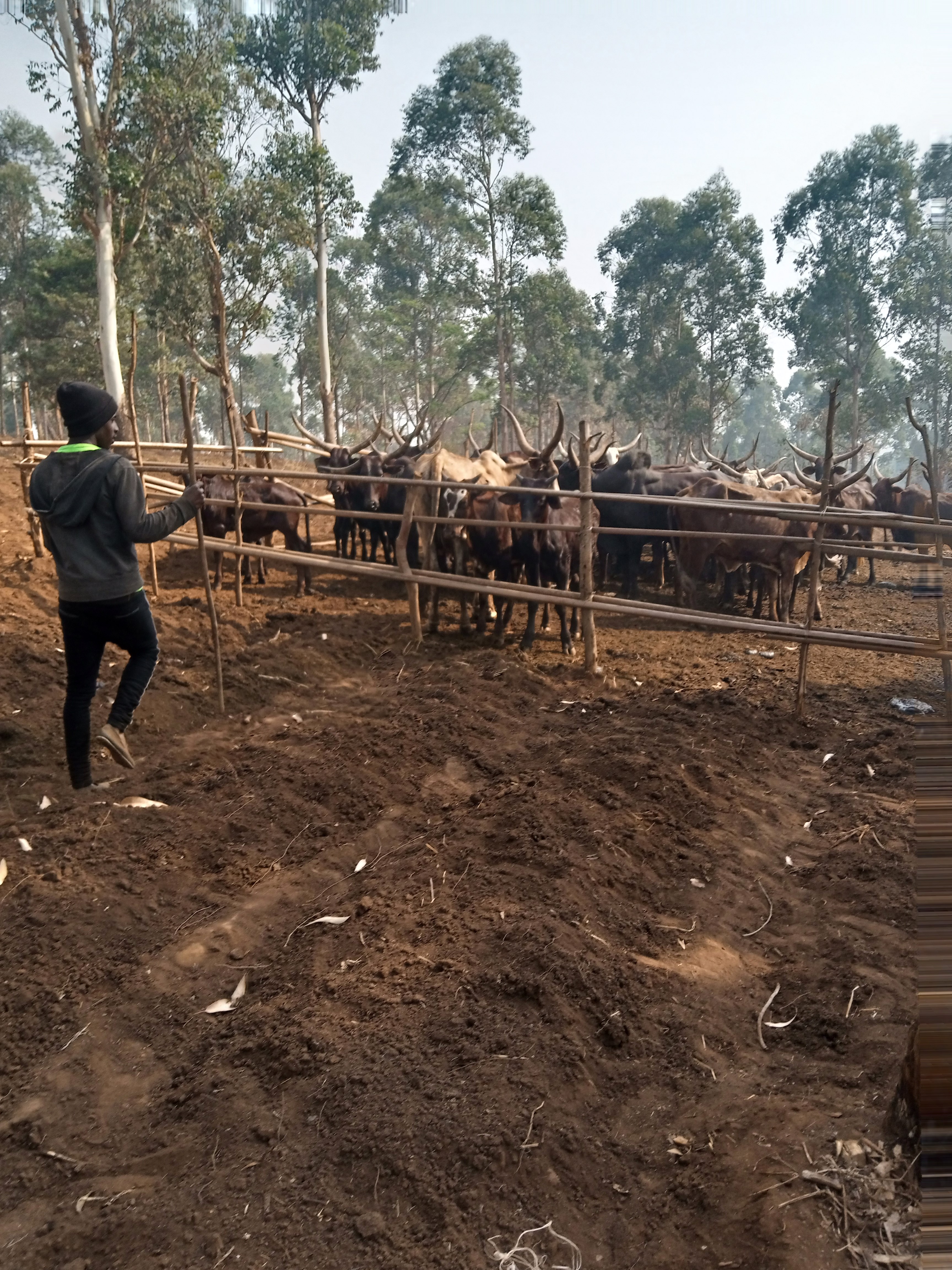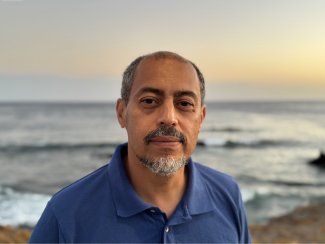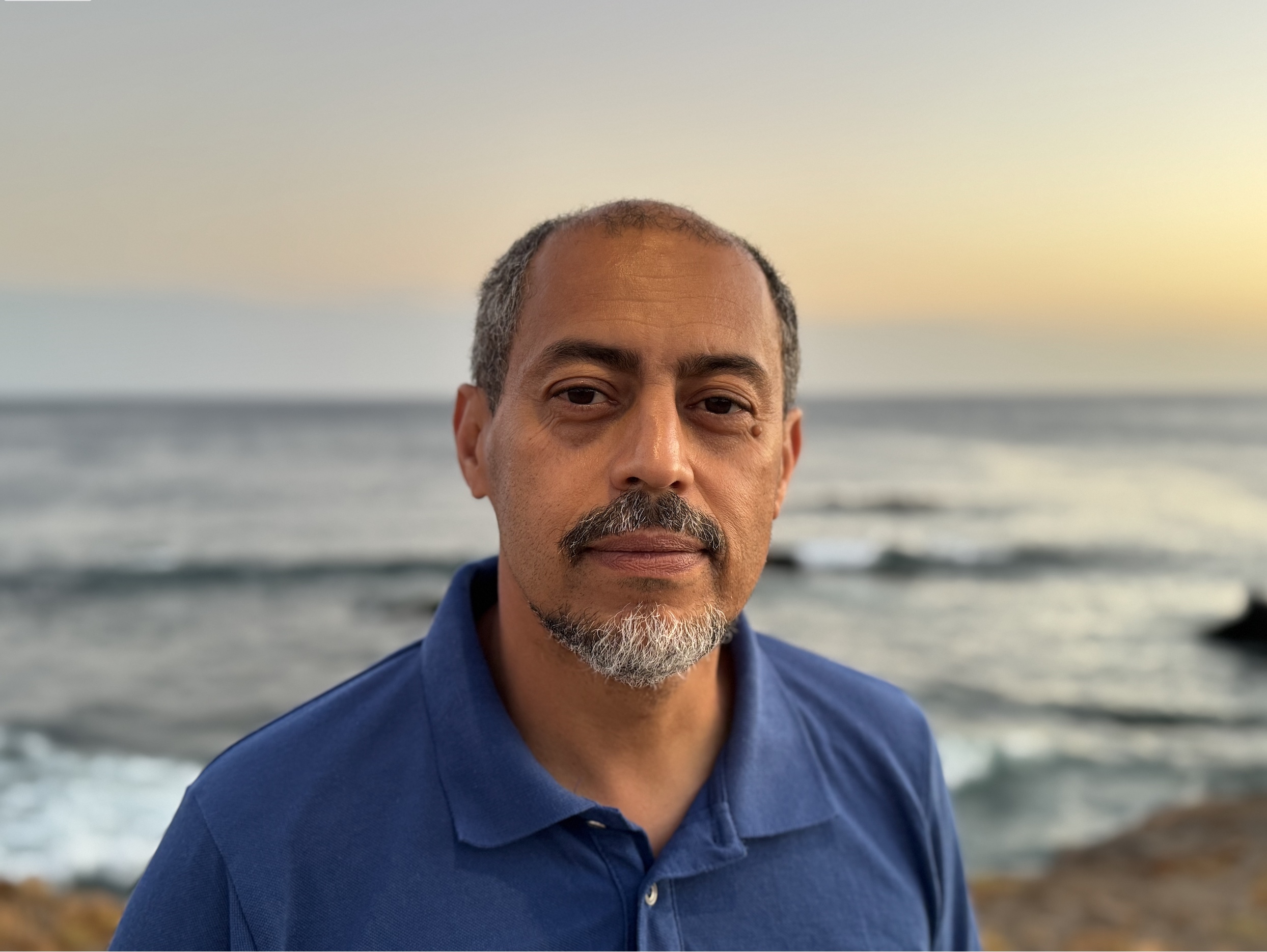The Peuls Mbororo of North Cameroon: Insecurities of a Pastoral Society and Limits of a Hybrid Security Response

The Mbororo are Fulani who, unlike the Fulbe, have not become sedentary and have practiced nomadic herding for a long time. However, over the past several decades, they have been undergoing a sedentarization process in northern Cameroon (Septentrion), to the point that many of them have become semi-sedentary and agro-pastoralists.
This community of herders faces environmental, land, fiscal and criminal insecurities.

Although rural banditry – which has increased in the Septentrion since the beginning of the century – affects all communities, the Mbororo pay a particularly heavy price for this scourge.
They are targeted by highway robbers – who have become kidnappers – and have to sell their livestock to pay the ransoms. This kidnappings epidemic has destabilizing consequences for rural society in general and for the Mbororo in particular, who are impoverished and forced to relocate, as well as to find new professional activities.
Nevertheless, to respond to rural banditry – which comes largely from within their ranks – they have developed community defense strategies. Inspired by Mbororo culture, these strategies are more or less in line with the security efforts of Cameroonian authorities.
Improving coordination between community and state security initiatives requires that trust between the various actors is restored.
This publication is available in French: Les Peuls Mbororo du Nord-Cameroun : Insécurités d’une société pastorale et limites d’une réponse sécuritaire hybride







